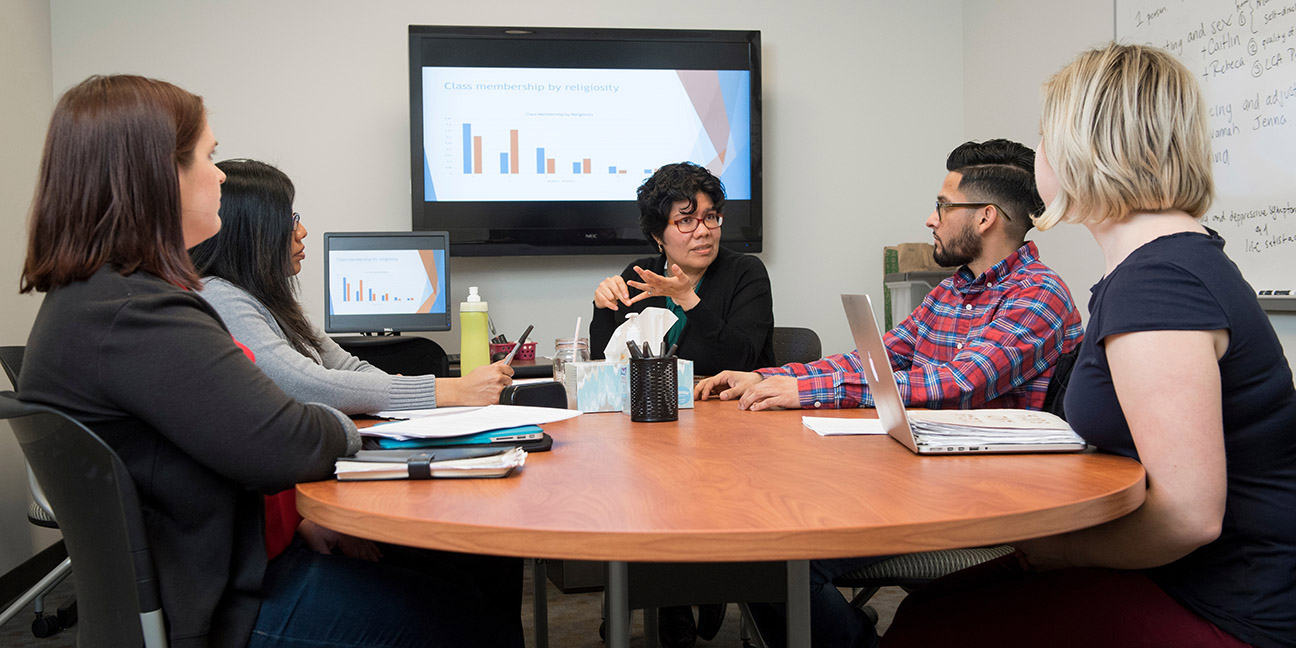M.S. in Nursing - Nurse Educator
Prepares nursing professionals to teach in either higher education or clinical settings.
Doctor of Nursing Practice (DNP)
The DNP program is a practice-focused doctoral degree earned by advanced-practice registered nurses (APRNs). The DNP serves as a clinical leader in transforming care of the individual, the community, and the health care system.




